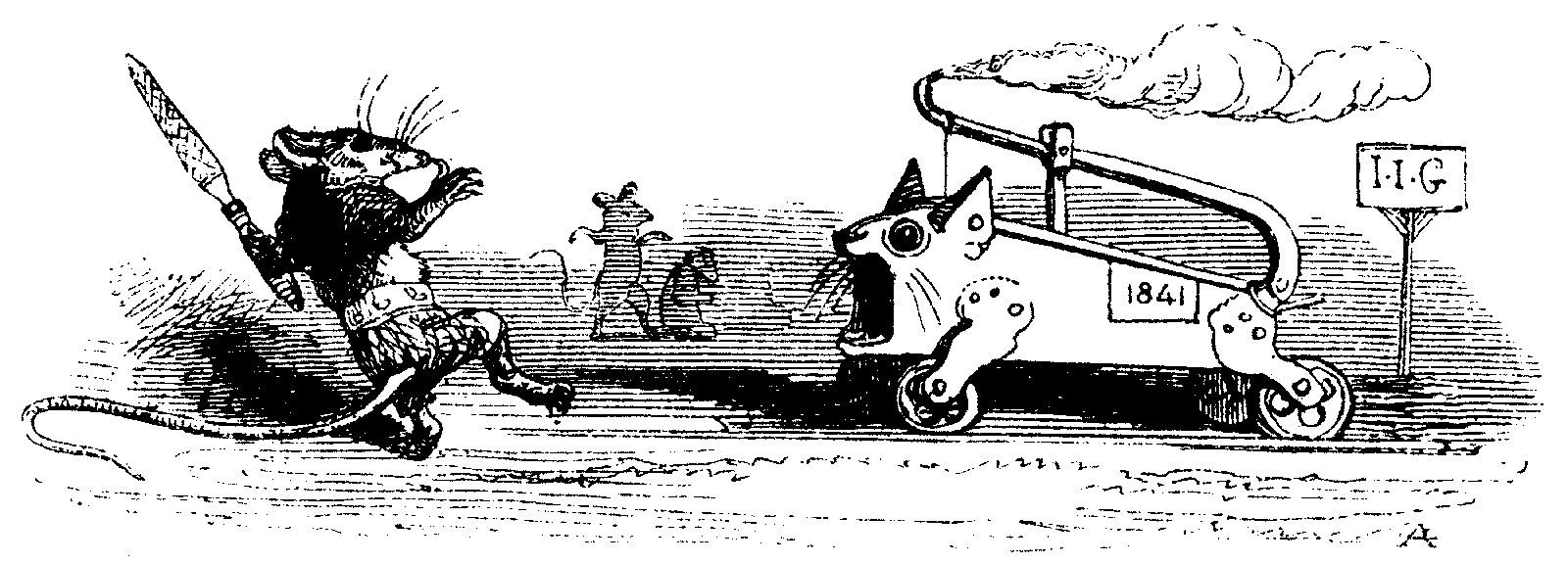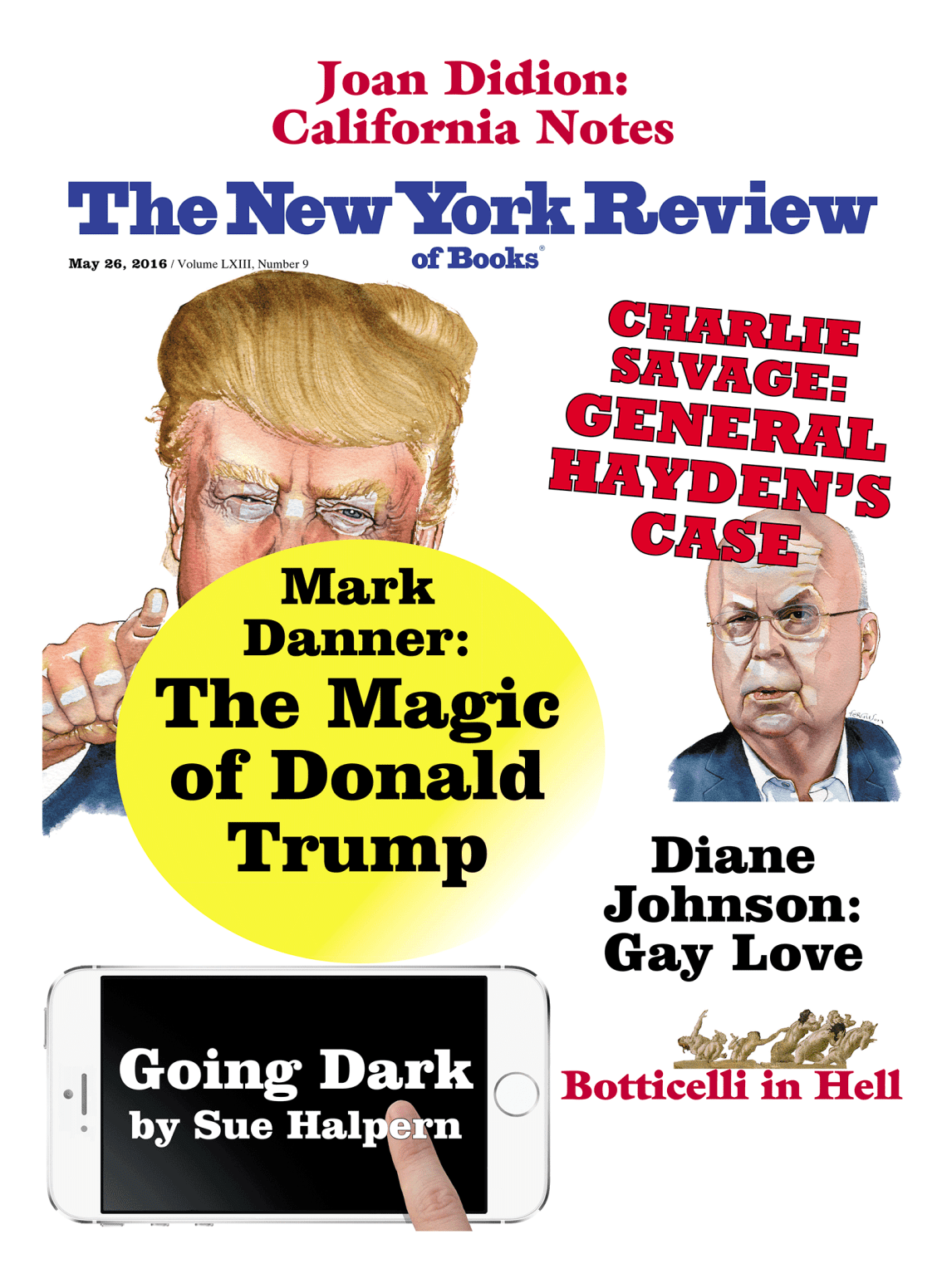In response to:
The Disaster of Richard Nixon from the April 21, 2016 issue

To the Editors:
I’m writing to request a correction to Robert Kaiser’s article “The Disaster of Richard Nixon” [NYR, April 21]. In the third sentence of the concluding paragraph, Mr. Kaiser states, “Some of this material is still classified; some involves personal records of the Nixon family; some is being withheld without explanation.”
The phrase “being withheld without explanation” is incorrect. The archival staff of the Richard Nixon Presidential Library and Museum (part of the National Archives’ Presidential Libraries system) follow a very clear protocol for processing and withdrawing materials.
The Richard Nixon Presidential Library processes materials according to federal statutes and deeds of gift, as described here. Restricted materials are identified by withdrawal sheets at the front of each folder.
I believe the removal of the phrase “being withheld without explanation” would correct Mr. Kaiser’s article.
Please let me know if you have any questions.
Thank you in advance for your consideration of my request.
Laura (Diachenko) Sheehan
National Archives Public Affairs
Washington, D.C.
Robert Kaiser replies:
When I received a copy of Ms. Sheehan’s letter, I contacted Professor Luke Nichter, coeditor (with Douglas Brinkley of Rice University) of two volumes of transcripts of the Nixon tapes. Nichter, an associate professor at Texas A&M, has spent long hours in the Nixon Library and filed thousands of requests for Nixon documents under the Freedom of Information Act (FOIA). Nichter was my source for the statistics in my essay about how many hours of Nixon tapes (774) and pages of Nixon White House documents (perhaps a million or more) have still not been released to the public. Nichter conveyed to me the frustration he and colleagues in the field experience when they find “withdrawal sheets” in the boxes at the Nixon Library that they hoped contained documents they were looking for.
Ms. Sheehan suggests that the existence of those withdrawal sheets refutes my statement that many documents are still being withheld “without explanation.” This is a semantic dispute, in effect over the meaning of the word “explanation.” My Oxford dictionary (the online edition) offers a straightforward definition: “A statement or account that makes something clear.” I don’t think this is Ms. Sheehan’s definition.
Readers can decide for themselves if the National Archives is providing explanations for decisions not to release what are now very old documents. Professor Nichter has given me examples of the “withdrawal sheets” that he has found in the library—for example, a batch from the boxes that contain the papers of J. Fred Buzhardt, a special counsel to Nixon during Watergate. Buzhardt apparently assembled his own archive of Watergate documents. Box 55 is labeled “Wiretapping,” but it is empty save for a great many withdrawal sheets. One of them lists eleven memos from J. Edgar Hoover, director of the FBI, to Henry A. Kissinger, all from the spring and summer of 1969, when the FBI, at Kissinger’s request, was wiretapping members of his own National Security Council staff. None of these memos was available to Nichter.
Why? The sheet says only that “release would violate a federal statute or agency policy.” It does not specify what statute or policy. It does not indicate which government agency requested that these memos remain secret. Nichter notes that the withdrawal sheet is more than thirty years old. In those years and earlier, the wiretapping of Kissinger’s staff has been the subject of extensive historical writings, newspaper accounts, and congressional investigations, all publicly reported. It seems highly unlikely there is still a good reason to hide these memos from us, if there ever was. But hidden they remain.
The withdrawal sheets offer a list of reasons why documents remain classified. Besides violations of “federal statute or agency policy,” others are said to contain “national security classified information,” without any more detail. Releasing others “would constitute a clearly unwarranted invasion of privacy or libel of a living person,” without saying who or why. Other documents have been removed because “release would disclose investigatory information compiled for law enforcement purposes.”
These are what Ms. Sheehan interprets as explanations. To my eye they do not make anything clear, and so I have found nothing to correct.
Nichter notes that in 2013, he filed a formal FOIA request for these Buzhardt papers, “all over forty years old, some more than forty-five.” His request was acknowledged years ago, but he has not received any substantive reply.


